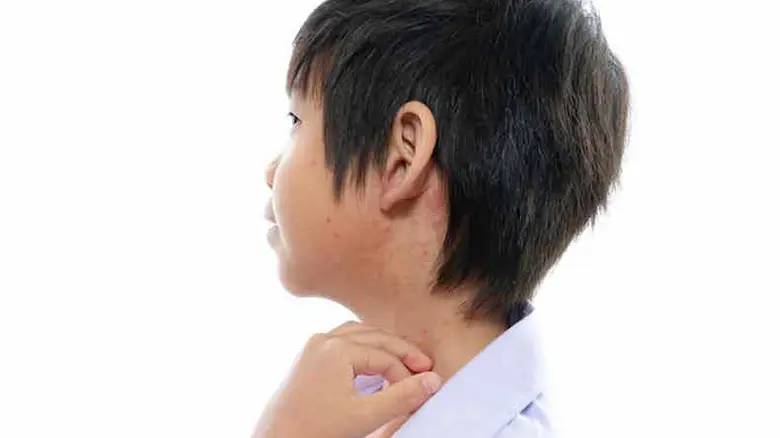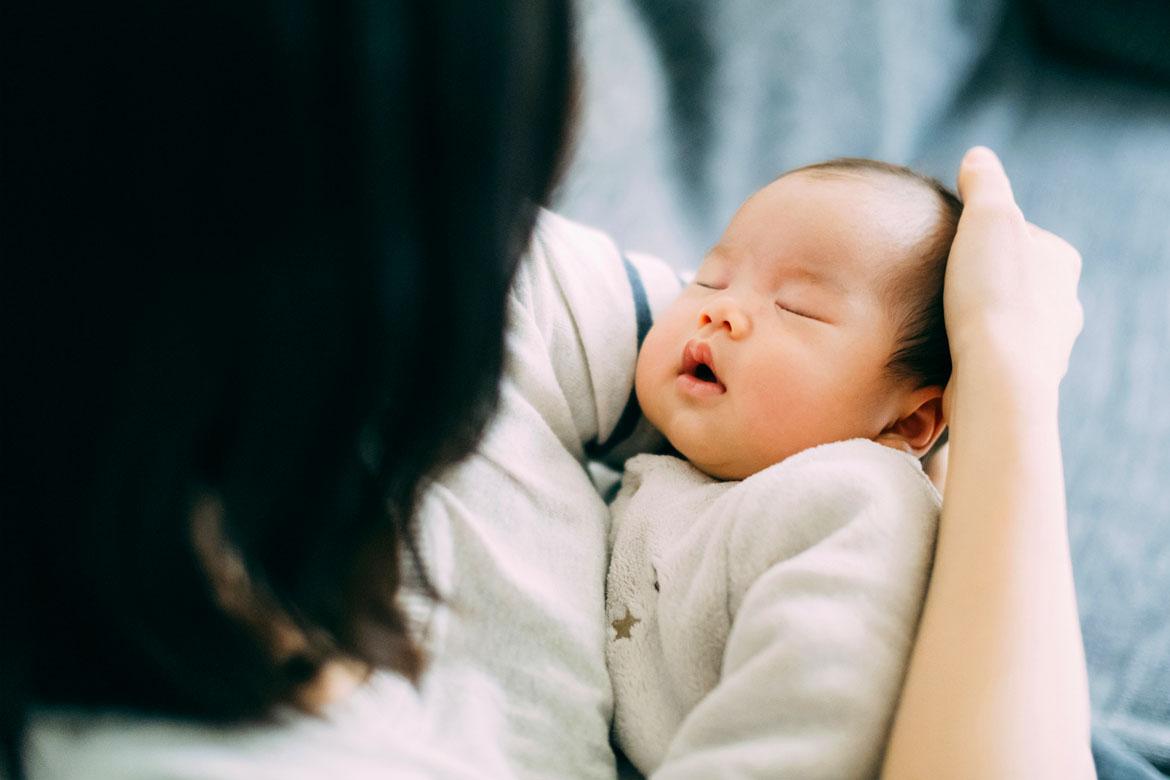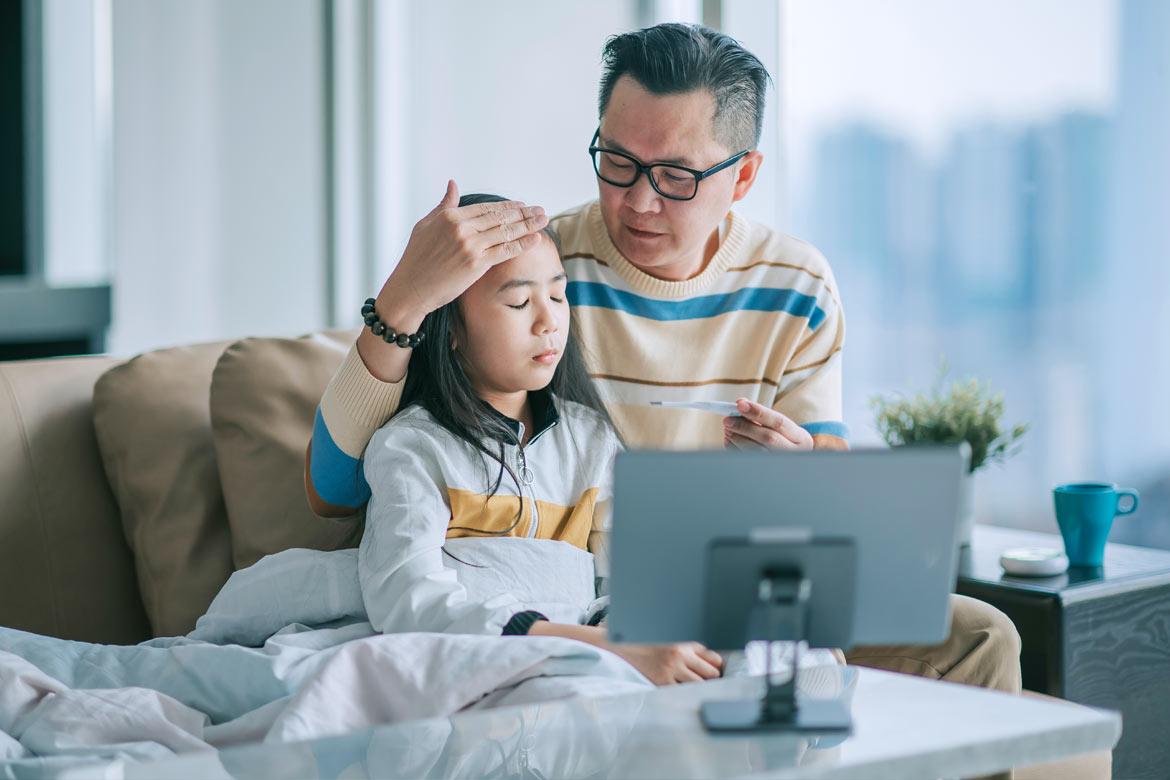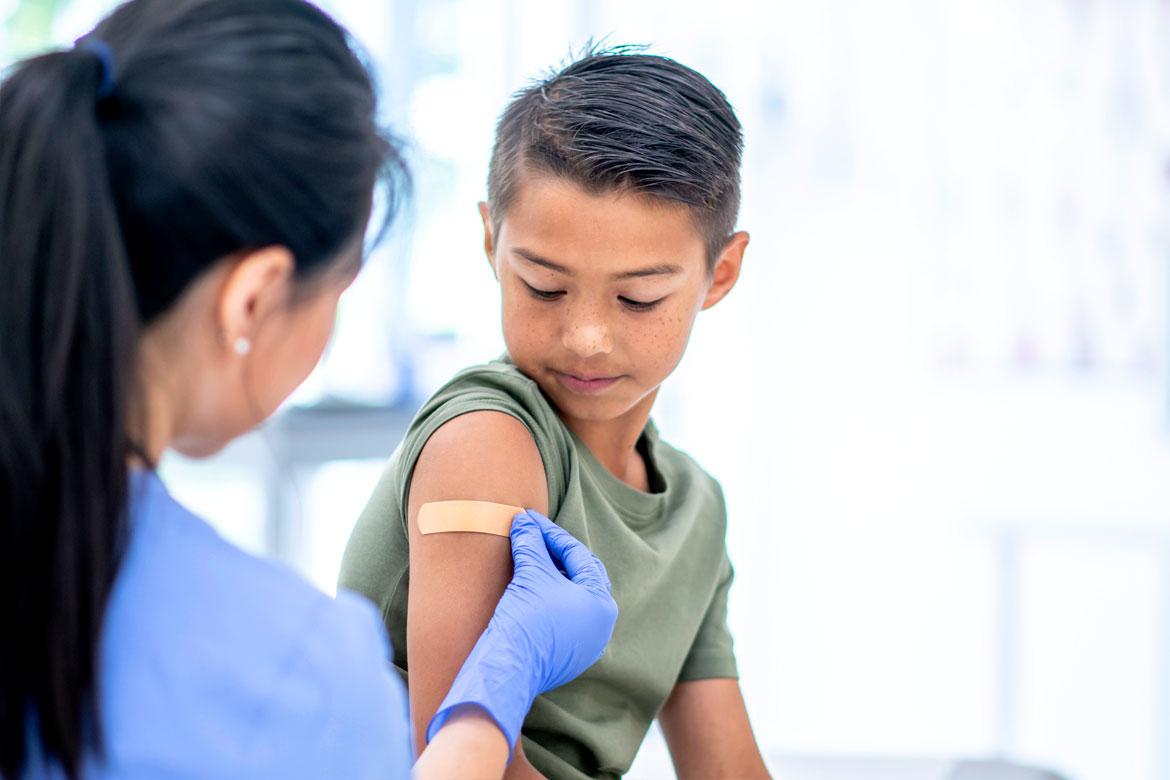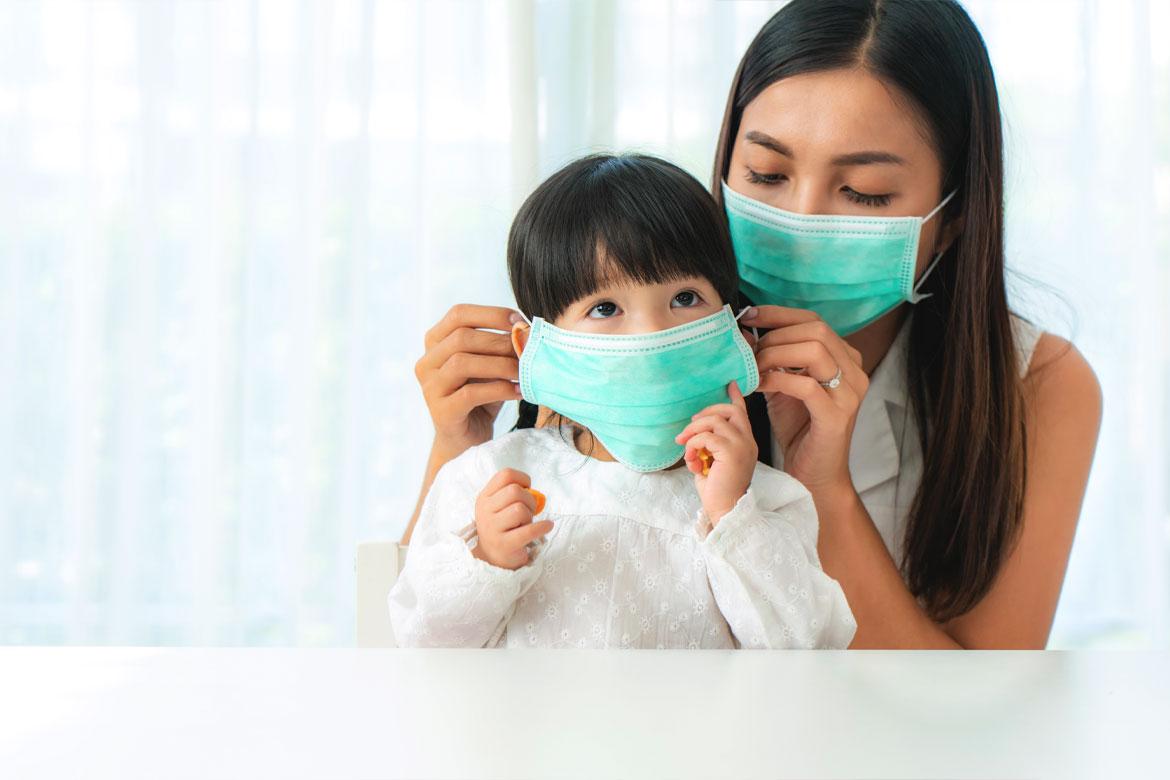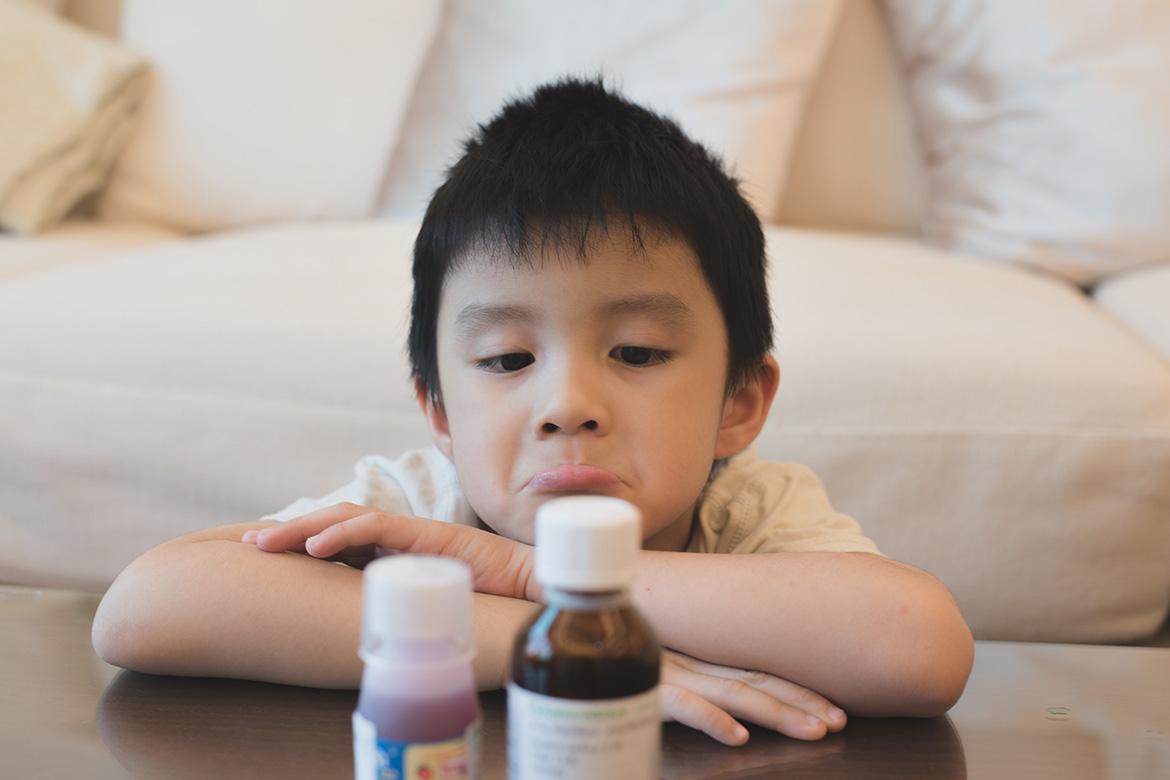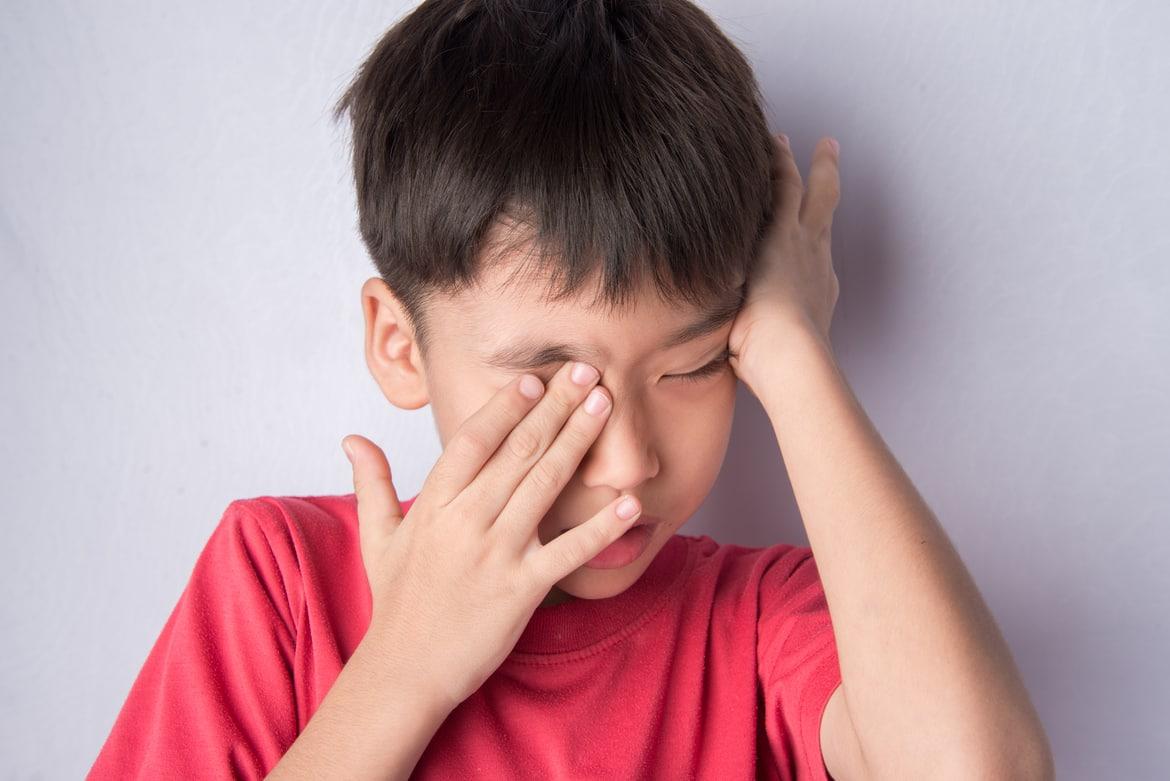-
-
Featured Care Areas

Chicken Pox (Varicella Zoster)
What is chickenpox?
Chickenpox is a viral infection that is caused by the varicella-zoster virus. While it is a common infection and usually harmless, it may cause complications in infants as they have an impaired immune system.
Once your child has had chickenpox, they are unlikely to get it again. However, on rare occasions, your child may develop shingles in the future.
What are the symptoms of chickenpox?
Chickenpox symptoms tend to start within 10 - 21 days of exposure to someone else who is infected. Signs include:
- Mild fevers
- Increased lethargy
- Itch
- Fluid-filled blister rashes
Generally, healthy children experience mild symptoms of chickenpox. In severe cases, there may be lesions in the eyes, mouth, throat, genital and anal openings.
Stages of chickenpox
Chickenpox rashes change appearance over time in 3 stages:
- Bumps: The first sign of chickenpox infection are red or pink raised bumps.
- Blisters: After a few days, you will notice fluid-filled blisters in your child’s skin. These blisters will soon break and leak.
- Scabs: After a blister breaks, a dry and rough protective crust called a scab will develop.
As new bumps will come out for several days, your child may experience all 3 stages at the same time.
Your child can spread the chickenpox virus for up to 48 hours before the rashes appear. The virus will remain contagious.
What are the risk factors for chickenpox?
Risk factors that contribute to chickenpox include:
- Direct contact with an infected person.
- Shared usage of feeding utensils and personal items with an infected person.
- Children whose mothers have never contracted chickenpox prior to pregnancy.
In addition, your child may face an increased risk of contracting chickenpox if they:
- Are less than 1 month old (especially if they were born prematurely)
- Have not had chickenpox infection before.
- Have not been immunised against chickenpox.
- Have weakened immune system.
- Have not fully recovered from another moderate or severe disease.
- Have certain disorders related to the lymphatic system, blood or bone marrow.
How do you prevent chickenpox?
You can vaccinate your child against the varicella virus from the age of 1 year.
If your child has not been exposed to chickenpox or been vaccinated before, the best way to protect your child is to keep them away from people who have active chickenpox.
This page has been reviewed by our medical content reviewers.
Need help?
For enquiries, please call
+65 6575 7575
For appointment bookings, please WhatsApp
+65 8111 9777
